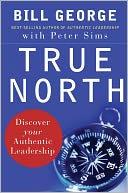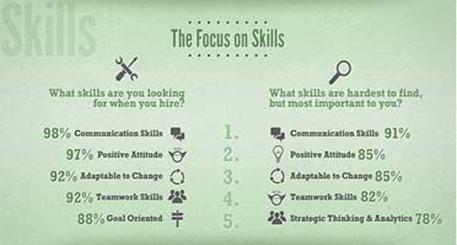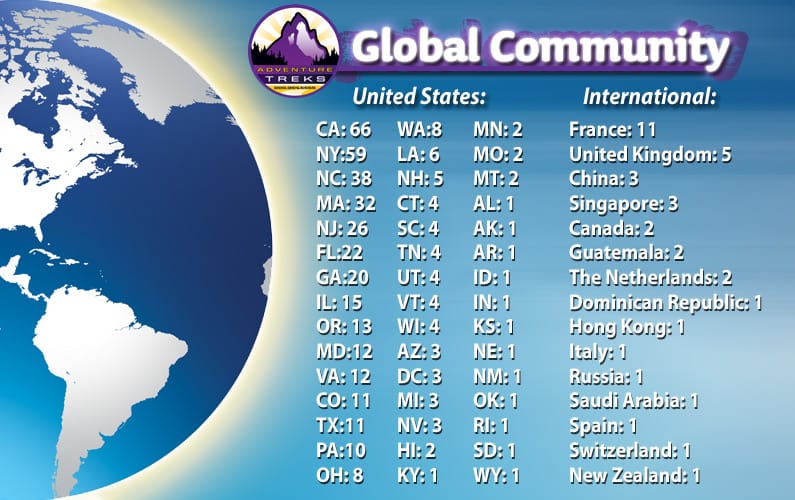During the summer, planes are the only opportunity where I can get enough uninterrupted time to jot down a few thoughts. I’m currently enroute to Anchorage to help with the opening of Alaska 2. It’s a typically busy day at Adventure Treks! 14 of our 15 instructor teams are doing great things with students while the Blue Ridge instructor team enjoys a much needed day off after a very successful trip. A lot of great things are happening as many of our students complete their final days together. Meanwhile other students are just beginning their trips.
Yesterday, Pacific Northwest students summited Mt St Helens, saw an incredible view, and glissaded down in the snow. The Ultimate Northwest is currently backpacking on Nason Ridge, while in Colorado students are canoeing the Gunnison River. Leadership Summit has successfully completed Wilderness Advanced First Aid (100% pass rate!) and one group is heading to Mt Olympus while the other group backpacks in the North Cascades. British Columbia is enjoying incredible scenery but dodging mosquitoes while backpacking in Wells – Grey Park. Alaska groups are currently backpacking having just finished sea kayaking and ice climbing. Utah just finished an amazing stretch of mountain biking and New England students are rafting the Kennebec. In California, students are hiking in the Trinity Alps and on the Lost Coast while a third group is rafting on the Klamath River. It’s a pretty typical day. Meanwhile in NC, a team of 18 of our 2009 and 2010 Leadership Summit Graduates are counselors at our new summer camp, Camp Pinnacle. They are serving seventy, 8 – 13 year olds, including two of my daughters! Exactly 256 AT students are on program today and although they are having a lot of fun, immersed in incredible scenery, they are actually learning quite a bit as well.
We hope the challenges and shared success of living in a close and supportive community will lead to increased social achievement skills. Research from the University of New Hampshire on Adventure Treks students shows that a majority of our students will achieve measurable and retained growth in this area. Social achievement is a huge determinant for success in future endeavors. Our students are also learning leadership and personal organization while building resilience (with help from steep trails, rain, cold or Canadian mosquitoes.) They are thriving without electronics and laughing hard and frequently. Our students are playing lots of inventive and creative games without the use of a single electrical outlet! No one has texted or facebooked in a while! Our students are learning that it’s easy to accomplish great things when they have the support of friends. They should be improving teamwork, communication and collaboration skills and be able to look beyond self to see what needs to be done to support the group. These skills mirror the framework of abilities many experts say one must possess to thrive in the 21st Century.
Students come home wearing an Adventure Treks hat. Hats are a very important tool we use to reinforce the values we hold important: Looking out for others, doing nice things, doing more than one’s share, being kind and empathetic, working hard and embracing the Adventure Treks community and spirit. Hats are presented to students by instructors in a special ceremony during evening meeting. It’s is a chance for students to receive a few minutes of powerful public praising in front of their peers. Receiving a hat is a wonderful experience, one that should be remembered long after their summer. It is our goal that hats are awarded in a noncompetitive order and everyone receives a hat at a time during the Adventure when they are living up to their ideal of their best selves. Naturally we hope this glimpse of one’s best self is something they bring home from AT along with the hat!
It’s a busy time. The first round of trips is winding down. Soon we will be welcoming another group of students to Adventure Treks. We are working hard and spirits are high. Thanks for the trust you place in us. We hope to live up to your expectations.
Best regards,
Dock





 Generation iY: Our last Chance to Save Their Future. This is a fascinating book and a call to action about some of the general characteristics of the current generation and the potential train wreck they may be headed for. Generation iY: documents how self-esteem parenting, the digital ghetto, and a sugar coated world view may be harming our children. Unlike many books of this sort, Dr Elmore offers some practical solutions in what is an engaging and practical though sometimes disturbing read. Definitely worth reading if you want to make sure your child doesn’t return from college to make a permanent home in your basement!
Generation iY: Our last Chance to Save Their Future. This is a fascinating book and a call to action about some of the general characteristics of the current generation and the potential train wreck they may be headed for. Generation iY: documents how self-esteem parenting, the digital ghetto, and a sugar coated world view may be harming our children. Unlike many books of this sort, Dr Elmore offers some practical solutions in what is an engaging and practical though sometimes disturbing read. Definitely worth reading if you want to make sure your child doesn’t return from college to make a permanent home in your basement! Hamlet’s Blackberry by William Powers draws on some of history’s most brilliant thinkers, from Plato to Shakespeare to Thoreau, to demonstrate that digital connectedness serves us best when it’s balanced by its opposite, disconnectedness. Time spent outside in nature is of course the ultimate disconnect! Power’s examines other times in history when we have gone through periods of dramatic changes in communication and translates these lessons from the past into life in our current digital world.
Hamlet’s Blackberry by William Powers draws on some of history’s most brilliant thinkers, from Plato to Shakespeare to Thoreau, to demonstrate that digital connectedness serves us best when it’s balanced by its opposite, disconnectedness. Time spent outside in nature is of course the ultimate disconnect! Power’s examines other times in history when we have gone through periods of dramatic changes in communication and translates these lessons from the past into life in our current digital world.
 cter development to be met with thoughtful care, not worry. She brilliantly translates ancient Jewish teachings into modern parenting techniques. This is a reassuring and thoughtful read for any parent of young teenagers or tween.
cter development to be met with thoughtful care, not worry. She brilliantly translates ancient Jewish teachings into modern parenting techniques. This is a reassuring and thoughtful read for any parent of young teenagers or tween.



